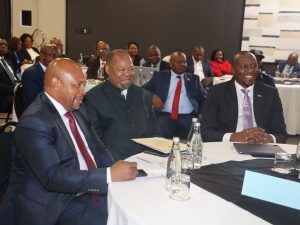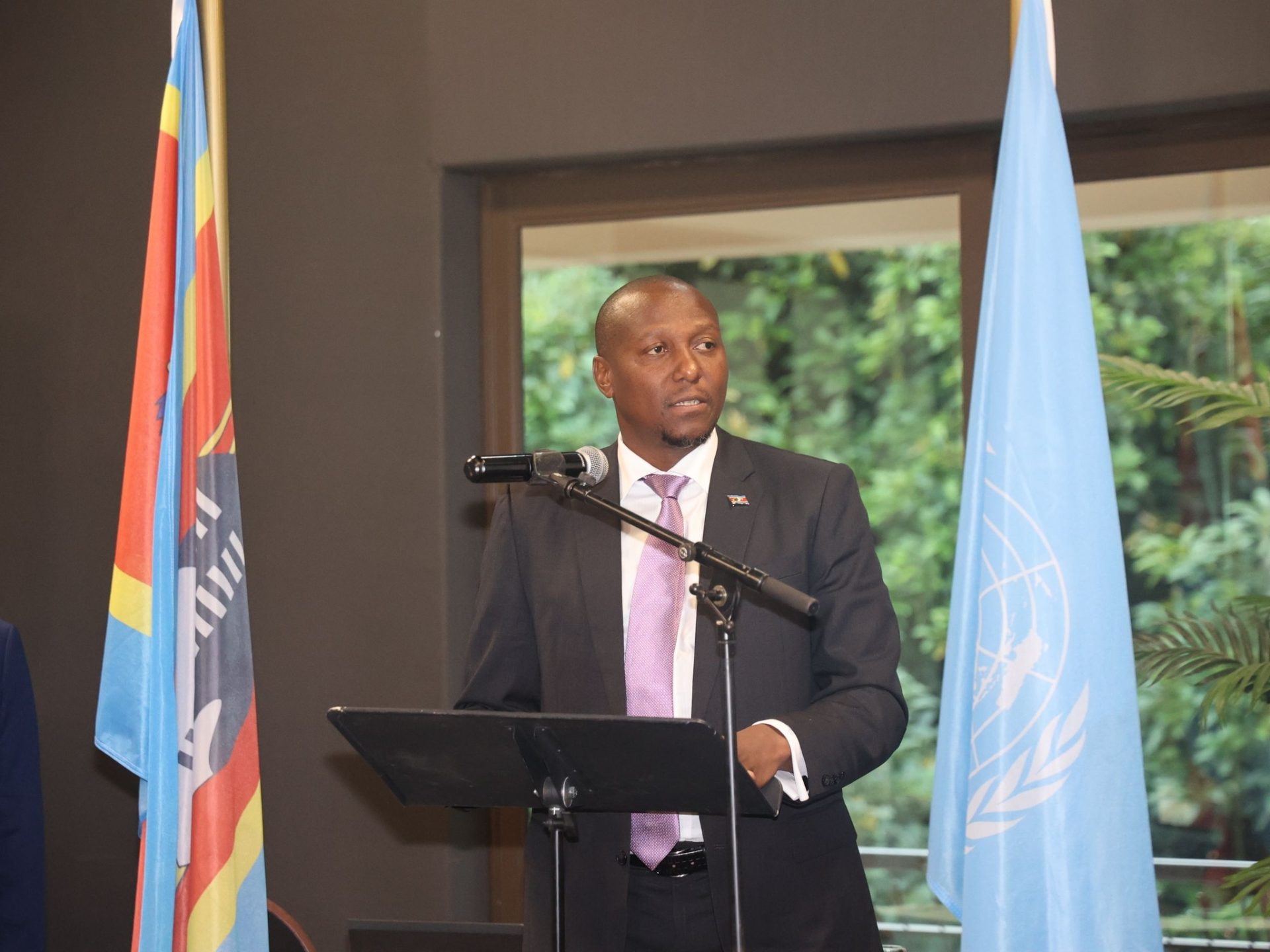by Ncaba Ntshakala
The Prime Minister Russell Dlamini has called for urgent action to address the nation’s staggering 35.4 percent unemployment rate.
Dlamini was addressing the Government of Eswatini–United Nations Dialogue on the 2026-2030 United Nations Sustainable Development Cooperation Framework (UNSDCF) held at Happy Valley Hotel.
He highlighted economic transformation and job creation as central pillars of the government’s strategy.
“As a country, we celebrate our rich cultural heritage, the beauty of our people and the land, and our resilient spirit and determination to achieve our vision,” the Premier noted.
RELATED: Prime Minister highlights mining sector as pillar of economic growth
“We also acknowledge that the Kingdom of Eswatini is faced with a series of challenges which we must overcome to achieve our vision of transformation.
These challenges, many of which were highlighted during the People’s Parliament at Sibaya, are undeniable.
They include widespread unemployment, with approximately 35.4 per cent of our workforce without jobs, a poverty rate of 58.9 per cent, a struggling healthcare system, and the scourge of Gender-Based Violence, which affects 1 in 3 of our women by the age of 18.”

Dlamini emphasized the need for a business-friendly environment to attract investment and strengthen industrial growth.
“Without growing our economy and creating opportunities, we cannot eliminate poverty, provide jobs for our youth, or generate resources for critical social sectors,” he said.
Strategies outlined included diversifying the economy, promoting trade, and investing in renewable energy.
RELATED: Prime Minister visits Minsk Dairy Plant No.1 in Belarus
Youth employment remains a critical challenge, with the government prioritizing vocational training, STEM education, and entrepreneurship.
The Prime Minister highlighted the importance of private-sector participation, infrastructure development, and targeted tax reforms to stimulate job creation.
“Policies supporting innovation and empowering marginalized groups will build a stronger and more inclusive Eswatini,” he added.


